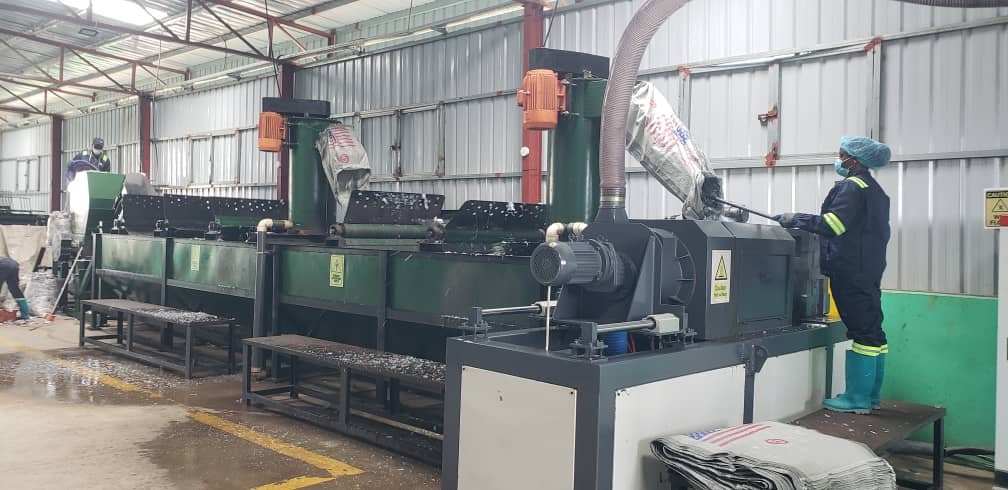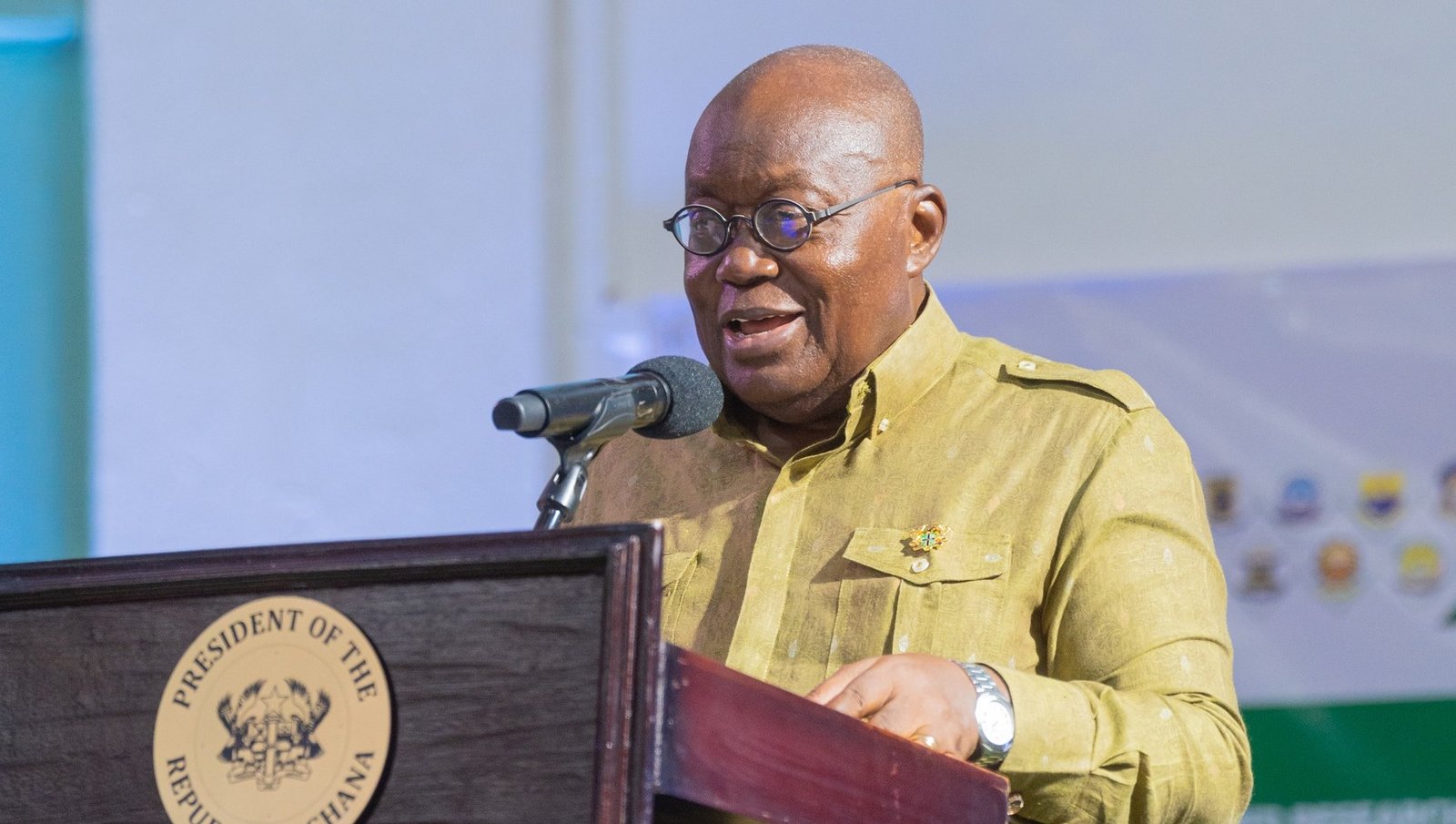ARTICLE AD
A new recycling plant with the capacity to process about 2,000 tonnes of plastic waste per annum has been inaugurated in the Weija-Gbawe Municipality of the Greater Region as part of efforts to deal with the menace of plastic waste in the country.
Co-funded by the European Union (EU) Delegation in Ghana and the Alliance to end Plastic Waste, the facility is valued at €2.5million and is being implemented by ASASE Foundation and the Weija-Gbawe Municipal Assembly.

Dubbed: ‘Closing the Loop of Plastic Packaging in Ghana,’ the project it is currently being implemented by the Union in three municipalities in the Greater Accra Region.
The facility has one plastic waste processing plant, one lumber plant that has the capacity to recycle 2,000 tons of plastic waste per year, a warehouse, water treatment plant, a stand-by generator and transformer.
Inaugurating the facility at a short ceremony at ‘Top Base’ in the Weija-Gbawe Municipality in Accra yesterday, the Head of Cooperation EU Delegation, Mr Massimo Mina, said the establishment of the facility was a clear illustration of the efforts of the EU translate into practice of the green transition agenda.
He noted that issues of green transition was one of the priorities for the EU as it addressed a number of issues related to the environment, including climate change and ways of managing waste which was a major problem not only in Europe but also in Ghana.
Mr Mina further stated that plastic pollution was one of the biggest challenges of the 21st century, stressing that, “We are very happy because with this project we are not only helping to address the issue of pollution in particular plastic pollution, but we are also supporting the employment in particular among the women, the youth.”
The Co-Founder & Managing Director ASASE Foundation, Dana Mosora, said the project was more than a mere recycling plant as apart from addressing the plastic waste menace, it also dealt with employment creation.
She noted that the project had created over 50 jobs and was still growing, adding that, “We’re still growing, we are going to go into three shifts and so on, so it will be more jobs, but most importantly we are building this operation, we build this like the others, in such a way that it’s women friendly.”
Ms Mosora explained that over 50 per cent of the workforce were women and most of them were young women from the communities.
“The other impact is in cleaning the community because with all the education which we do, which is telling people that by not littering, but by segregated collection, they can sell it to our network to reach our plan, so the community inadvertently becomes greener,” she explained.
The Special Adviser to the Minister of Environment, Science, Technology and Innovation (MESTI), Mr Oliver Boachie, on his part said the project aimed at implementing interrelated activities to improve healthy environmental practices in beneficiary communities as well as provide employment opportunities and improved livelihoods for both men and women engaged in the implementation of the project.
He also indicated that the project which was also being implemented by the Kpone Katamanso Municipal Assembly (KKMA) and the Tema West Municipal Assembly (TWMA) had two main outcome
BY CLIFF EKUFUL

 2 days ago
3
2 days ago
3 

